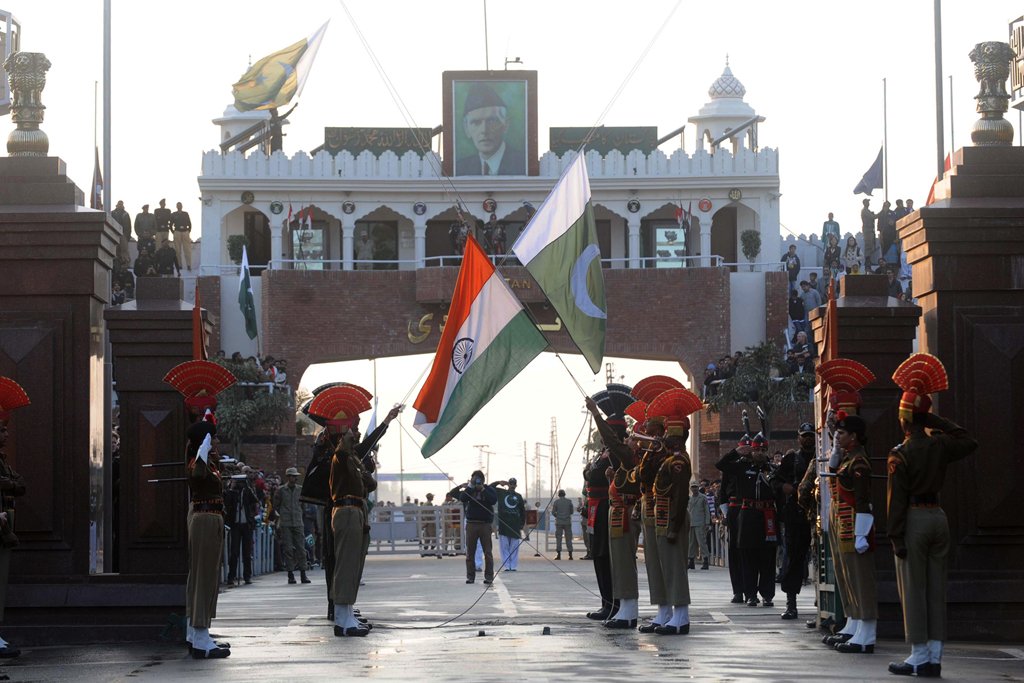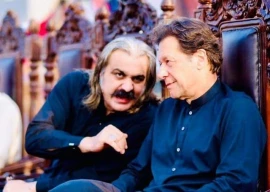
If trade relations are normalised, Pakistan will get access to a market of over 1.2 billion consumers and India will have access to a market of over 180 million people. The increased economic activity will lead to more employment opportunities and higher stakes for people on both sides in maintaining peaceful ties.
According to studies, South Asia remains one of the least integrated regions in the world. Pakistan and India account for almost 92% of South Asia’s GDP, 85% of the region’s population and 80% of its surface area. Despite that, trade between the two constitutes only 20% of regional trade.
Pakistan has the largest export potential in textiles, jewellery, precious metals and base metals, accounting for 45% while India can augment its exports to Pakistan in three categories – machinery, mechanical appliances and electrical equipment. These three categories comprise 54% of India’s export potential. Therefore, it is clearly in the interest of both countries to find a political solution to their dispute.
In the current scenario, the entire globe is focused on the Middle East and Asia with the primary concern of protecting economic interests in the form of smooth flow of oil from the Persian Gulf region as well as tapping natural resources of the Central Asian Republics.
At this critical juncture, due to its strategic geographical position, Afghanistan has the potential to become a land-linked country providing both Pakistan and India with direct routes to the Central Asian region.
India should allow Pakistan to access Nepal, Bangladesh and Bhutan via its territory and Pakistan should give transit rights to India to access Afghanistan. This significantly impacts the trade potential, even with other neighbours.
Trade Restrictions
In the face of restrictive trade policies and transport bottlenecks, at present, a great deal of trade occurs via Dubai. The composition of informal trade between the two countries shows that a range of products are avoiding official tariff and non-tariff barriers to reach the third country, reflecting the potential for expanding official trade.
According to recent data of the World Bank, low transport costs, dismantling of tariff and non-tariff barriers, grant of MFN status to India by Pakistan and improvement of logistics arrangements can help increase the volume of bilateral trade to approximately $8-10 billion annually.
Current low volumes of trade and low trade integration in Pakistan and India have their roots in their respective systems. Both have relatively restrictive trade regulations. Numerous studies have demonstrated that the relaxation of constraints would benefit both countries.
The recent agreements between Minister of Commerce and Textile Khurram Dastgir Khan and his Indian counterpart Anand Sharma can play the role of a catalyst in harnessing the benefits of bilateral trade in the post-2014 scenario.
Trade will, of course, not solve all the glitches, but it could be an important catalytic agent in lowering the tensions. The reduced tensions – an inevitable benefit of strengthened economic ties – would improve the security climate for investment and economic development not only in Pakistan and India but also in the whole South Asian region.
The writer is a researcher at the Sustainable Development Policy Institute
Published in The Express Tribune, February 10th, 2014.
Like Business on Facebook, follow @TribuneBiz on Twitter to stay informed and join in the conversation.
COMMENTS (12)
Comments are moderated and generally will be posted if they are on-topic and not abusive.
For more information, please see our Comments FAQ

















We should develop Economy Diplomacy with India, So our Economy can easily take off by improving economic relation
@Virkaul: This is none of your business where we trade and where we do not. You should not get any stomach aches. Remember, customer is always right.
@water bottle: Thanks for your comment. If some body was dumb in the childhood and during young age, that is not good. I hope you will agree with me. Then as the person grows and if he is willing to learn from his mistakes, then he will be more cautious in his dealings with other people's. my comment was in that spirit. Looks like you are a young man who has never made mistakes in life. On the other hand , I have made lot of mistakes in life but I try to learn from my previous mistakes. This way history does not repeat itself. I hope you under stand now why I want Pakistan to be very, very careful. Thanks for reading my reply. God bless you.
Pakistani trade is always in deficit with China and India, so talking about having 1.2 billion people in front of you is just a sham
@SHB So you mean Pakistan and China are in same league, that's why both of you trading with each other. Good Joke!!!
India jealously guards it's large market of 1.2 billion people a large portion of which lives below the UN defined poverty line. They will not just throw it open to Pakistan. A more sustainable peace will be achieved by first solving outstanding issues between the two countries.
@SHB all are myths. Both countries will gain
@SHB: So only trade with Bhutan, Nepal, Sri Lanka and other small countries.
@SHB: pak-china 'friendship'
We have noo rivalry with Pakistan.There is nothing in Pakistan that we want.Why dont you people understand this simple fact?.You think we want to take in another 180 Million Muslims.In that case 1974 should have sufficed?. Leave us alone.Trade if you want to.
@SHB:
"Be very , very careful while trading with India. Big fish always end up eating the small fish. "
Solid advice.
But completely anachronistic and hence nonsensical.
You see, Pakistan should have been careful in the 50s,60s,70s and 80s when dealing with US and China.
Today what is Pakistan if not a satellite state for US, China and even Saudi? Pakistan has already lost the battle of the trade. If you call Pakistan a small fish, then the big fishes have already eaten Pakistan.
Every product you buy is foriegn. Almost all infrastructure projects in your country are funded, executed and even run by foriegners.
Your air and naval bases have been given to foriegn countries either overtly or covertly.
Be very , very careful while trading with India. Big fish always end up eating the small fish.